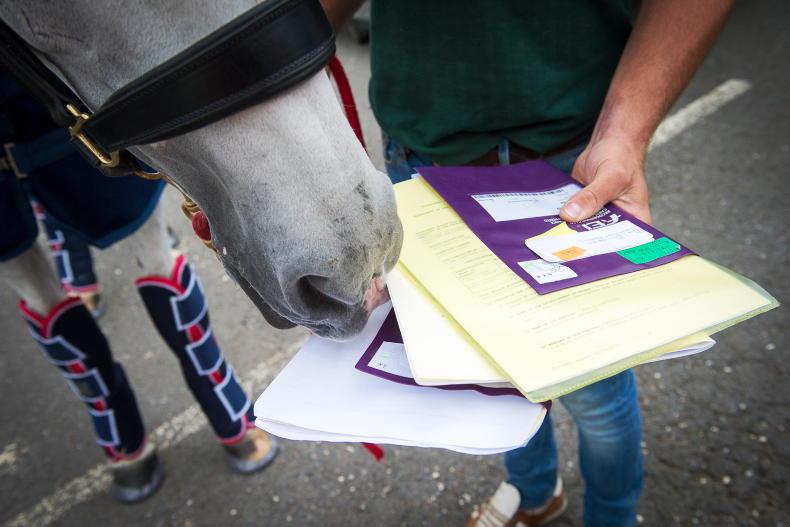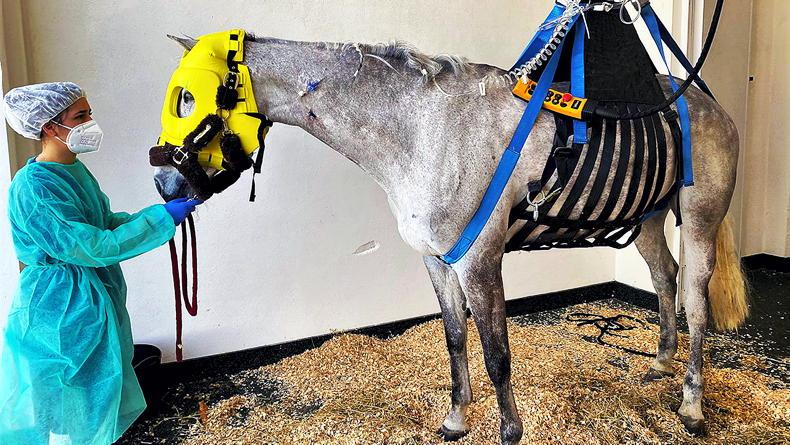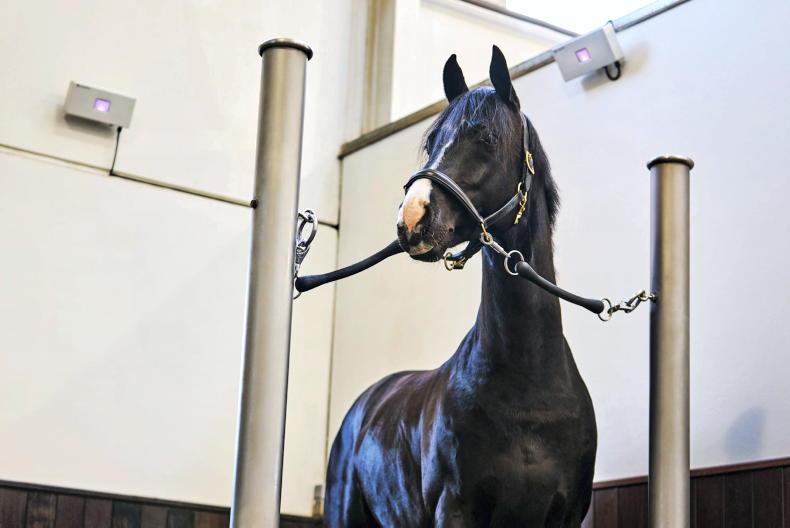CLOSE to 1,000 horses have been blocked from the FEI database following four positive cases of Equine Herpes Virus (EHV-1) at the Mediterranean Equestrian Tour (MET) in Oliva, Spain and one positive case in Lier, Belgium.
The final week of the international spring tour at the Spanish venue has been cancelled following the cases. “The four horses that have returned positive tests are febrile but show no signs of neurological disease,” a statement from the show said on Thursday.
It continued: “On Tuesday, February 21st 2023, 10 horses at the venue went into isolation in accordance with the FEI Veterinary Regulations after six of them were febrile. None of them showed any signs of neurological disease. All of the 10 horses had been stabled in the same tent at the venue before they went into isolation. The same day, swab tests were taken from all 10 horses. On Wednesday, four of the 10 tests returned positive, four returned negative and two were inconclusive.”
The febrile horses were stabled in a large tent of 82 horses. All 82 must stay on site for seven days and take two tests during that period, the first of which was on Thursday. “Horses that return negative tests will then be free to leave the venue. These horses will have to return to their home stables, and will be blocked in the FEI database.”
All other horses were free to leave the venue this week, once they passed a pre-departure veterinary check-up show to be fever-free and without any symptoms. All 989 horses who were at the venue, including horses who had already left for other events, are blocked from the FEI database and are prevented from attending any FEI events until they have fulfilled certain health requirements.
A statement from the FEI said: “The mandatory biosecurity measures include isolation for a minimum of 21 days, taking twice daily rectal temperatures and conducting laboratory testing for EHV-1. Release from isolation can only take place on the advice of a veterinarian and in order to be “un-blocked” and have access to FEI Events, the horses will need to comply with all the return to competition protocols and have the restriction lifted by the FEI Veterinary Department.”
In Lier, a horse presenting symptoms at the weekend was immediately isolated and following confirmation of EHV-1 at the start of the week, the horse concerned and an additional 25 horses deemed to be in-contact were blocked from the FEI database.
Irish isolation
There were six Irish riders competing in Oliva last week and three in Lier. A HSI spokesperson told The Irish Field: “All FEI athletes and horses returning to Ireland are formally advised that it is crucial that they follow the FEI measures in order to minimize any potential transmission of the EHV virus. These FEI athletes are subject to the FEI mandatory biosecurity measures which must be adhered to in order to return to competition.
“HSI have informed the respective affiliate bodies of these athletes and horses in order to take similar steps to ensure restricted entry to events until the biosecurity measures are fulfilled.”
British Showjumping announced that all horses returning from Oliva and Lier would be temporarily banned from competing in Britain.
The statement said: “All horses returning to the UK from the above shows from 00.01hrs on Saturday, 18th February will be required to isolate and will not be allowed to attend any national competitions until the period of isolation is completed or they have undertaken laboratory tests which confirm negative results.”
In March 2021, the FEI were forced to cancel international events in mainland Europe for a period of six weeks following a serious outbreak at CES Valencia Spring show jumping tour. More than 20 horses died from the virus at that time.
What is EHV?
Equine Herpes Virus (EHV) is a contagious disease that affects horses. Affected horses may suffer respiratory disease, neurological disease and abortion in pregnant mares. Young foals are also at risk and can die from the infection. The virus can be transferred through the air from horse to horse up to distances of five metres and it can also be transmitted on clothing and yard equipment by people working with infected horses.
Horses suffering from EHV-1 can develop a fever, respiratory disease such as coughing and clear nasal discharge. Some horses may develop neurological signs leading to lack of coordination, weakness, difficulty in urinating and defecating and becoming recumbent. Horses that are severely affected by the neurological form of the disease may have to be euthanised.


 This is a subscriber-only article
This is a subscriber-only article
 It looks like you're browsing in private mode
It looks like you're browsing in private mode










SHARING OPTIONS: